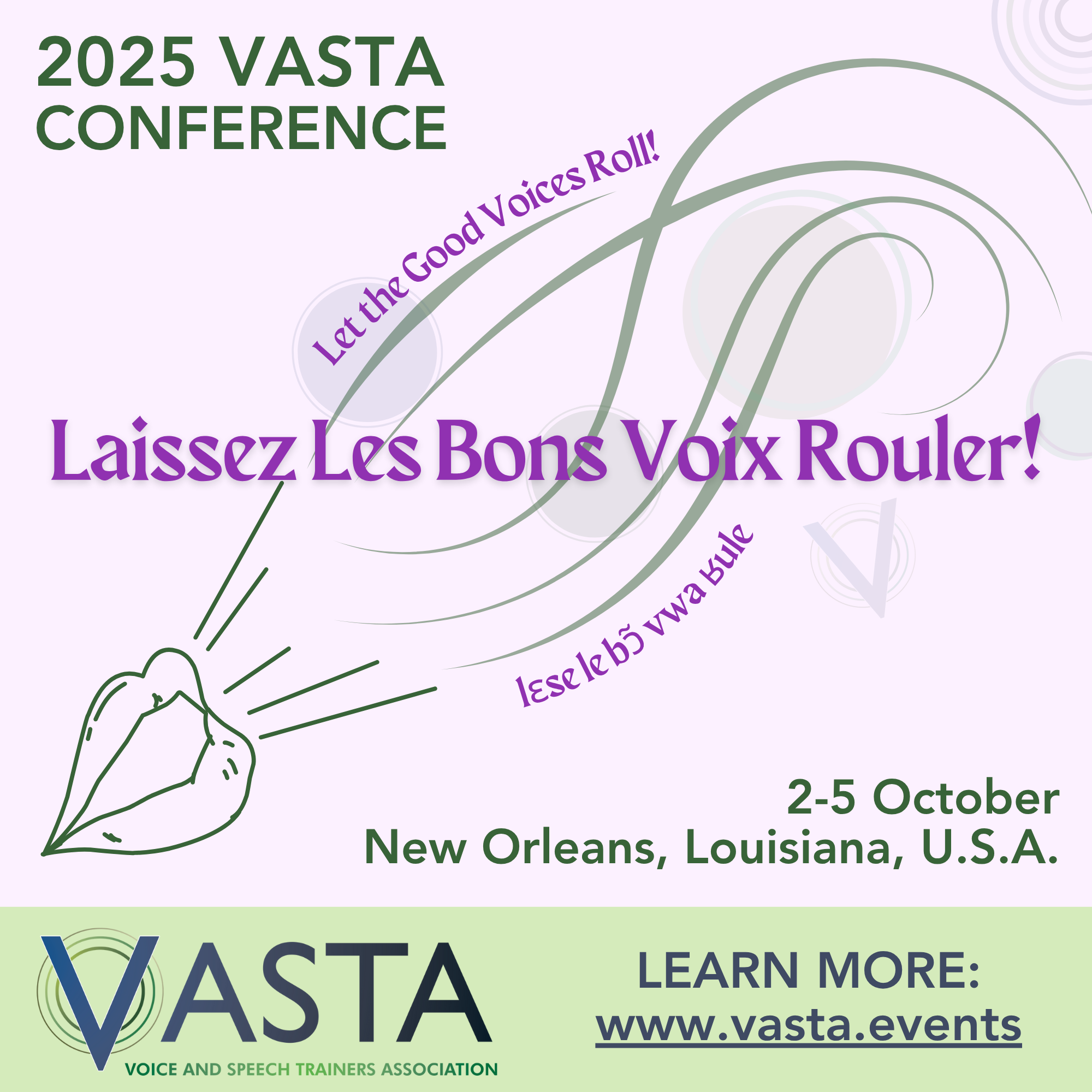England 1
Listen to England 1, a man in his 50s from central and southern England. Click or tap the triangle-shaped play button to hear the subject.
Both as a courtesy and to comply with copyright law, please remember to credit IDEA for direct or indirect use of samples. IDEA is a free resource; please consider supporting us.
BIOGRAPHICAL INFORMATION
AGE: 50s
DATE OF BIRTH (DD/MM/YYYY): 1942
PLACE OF BIRTH: Salisbury, Wiltshire
GENDER: male
ETHNICITY: white
OCCUPATION: professor
EDUCATION: university
AREA(S) OF RESIDENCE OUTSIDE REPRESENTATIVE REGION FOR LONGER THAN SIX MONTHS:
The subject lived in Sussex for many years until age 8, and then lived and went to school in Oxford from age 8 to 13, in Canterbury from age 13 to 18, and in Cambridge for university. At the time of the recording, subject had lived in Lawrence, Kansas, United States for five years.
OTHER INFLUENCES ON SPEECH:
The subject was educated in boarding schools and cathedral choir schools, later attending King’s College Cambridge, and has traveled the world.
The text used in our recordings of scripted speech can be found by clicking here.
RECORDED BY: Paul Meier
DATE OF RECORDING (DD/MM/YYYY): 1999
PHONETIC TRANSCRIPTION OF SCRIPTED SPEECH: N/A
TRANSCRIBED BY: N/A
DATE OF TRANSCRIPTION (DD/MM/YYYY): N/A
ORTHOGRAPHIC TRANSCRIPTION OF UNSCRIPTED SPEECH:
I was born in 1942 in S-Salisbury, England, which is southwest, and I was there because my father was in the army during the war and Salisbury Plain is the place where all the military training went on and still does. I was educated in Sussex, which is south, southern England. Um, oh, I lived in Sussex for most of my formative years, but I was educated under the British system of boarding schools. So I spent the ages of 8 to 13 in Oxford at a cathedral school, and then I went to Canterbury, another cathedral city, for my high school years of 13 to 18, and I then went on to Cambridge, *which is although it’s in East Anglia has people from all over the country there, so, um, although I’m familiar with the East Anglian accent, I certainly don’t represent it. *And then as a professional I travelled all over the world as a freelance performing singer, um, moving in and out of all kinds of different countries and cultures. But I think my accent probably represents what used to be called Received Pronunciation, which the BBC classed as that, and it’s a kind of *an accent fairly typical of somebody who’s had a boarding-school education, whose parents *thought carefully, liked to hear English spoken well and so endeavoured to instill it in their offspring, something I’ve failed to do with my own son, as a matter of fact, who’s had a very similar background, but his voice is much more relaxed than mine. Um, and my daughter, on the other hand, is, does speak fairly like me, although she’s now living in Virginia and has picked up more American accent than I think I have. I settled in United States in nineteen ninety-four, so I’m now I’m in my fifth year of teaching at University of Kansas.
[* = vocalic pause]
TRANSCRIBED BY: Kevin Flynn
DATE OF TRANSCRIPTION (DD/MM/YYYY): 31/08/2007
PHONETIC TRANSCRIPTION OF UNSCRIPTED SPEECH: N/A
TRANSCRIBED BY: N/A
DATE OF TRANSCRIPTION (DD/MM/YYYY): N/A
SCHOLARLY COMMENTARY:
If you are a dialect researcher, or an actor using this sample to develop your skill in the accent, please see my instruction manual at www.paulmeier.com. As the speaker in this sample is a unique individual, it is highly unlikely that he will conform to my analysis in every detail. But you will find it interesting and instructive to notice which of my “signature sounds” and “additional features” (always suggested only as commonly heard features of the accent) are widely used by most speakers of the accent or dialect, and which are subject to variation from individual to individual.
COMMENTARY BY: Paul Meier
DATE OF COMMENTARY (DD/MM/YYYY): 04/11/2016
The archive provides:
- Recordings of accent/dialect speakers from the region you select.
- Text of the speakers’ biographical details.
- Scholarly commentary and analysis in some cases.
- In most cases, an orthographic transcription of the speakers’ unscripted speech. In a small number of cases, you will also find a narrow phonetic transcription of the sample (see Phonetic Transcriptions for a complete list). The recordings average four minutes in length and feature both the reading of one of two standard passages, and some unscripted speech. The two passages are Comma Gets a Cure (currently our standard passage) and The Rainbow Passage (used in our earliest recordings).
For instructional materials or coaching in the accents and dialects represented here, please go to Other Dialect Services.
 IDEA: International Dialects of English Archive
IDEA: International Dialects of English Archive



